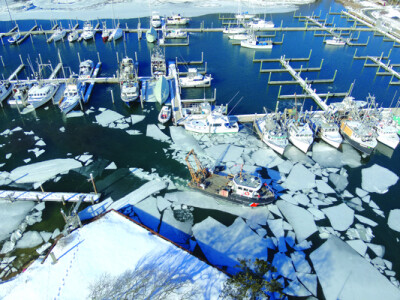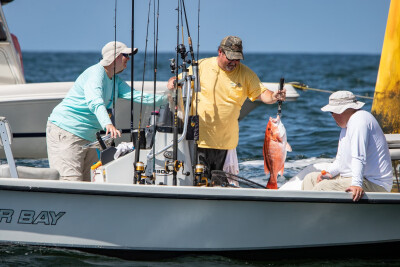Of course, let’s hope you never have a fire aboard your boat. But if you are going to have one, perhaps you’ll be lucky enough that it will be when the boat is tied to the dock, like the 100-foot trawler that had a welding-related fire while tied up at Seattle’s Fishermen’s Terminal in May 2013.
At least then, you can step off the boat and onto the dock. At sea, your escape options are far more limited.
There are plenty of opportunities for a fire on a fishing boat. Just about any boat “is a floating ignition source,” says Randy Hyde, senior firefighting instructor at Fremont Maritime Services in Seattle. And there are plenty of ignition sources, especially in the engine room and machinery spaces.
Hyde lists several causes of fire. One is poor housekeeping, which is another way of saying you are slacking off if flammable liquid containers aren’t properly stored. If you leave oily rags around, there’s the risk of spontaneous combustion. If you allow oil to accumulate in the engine room bilge, you are asking for trouble.
Then there’s poor maintenance that results in leaky high-pressure fuel lines. Once the fuel drips or is sprayed on a hot surface you have a fire. The leak might be caused by vibration, a clamp rubbing against a pipe or old fittings that should have been replaced a long time ago.
Hyde says one of the major causes of fires “is a lack of due vigilance.” That means you and the rest of the crew have a lack of situational awareness or sense of urgency. The crew is poorly trained and poorly equipped.
The answer to these shortcomings is a good fire prevention plan, which at least means being vigilant about housekeeping and maintenance issues.
Just in case everything goes to hell, your fixed fire-suppression system, portable extinguishers and any fire pumps have to be in good working order if you hope to save the boat and yourself.
And don’t forget to sound the alarm, letting everyone know there’s a fire. But with due vigilance, hopefully none of this is ever an issue.







